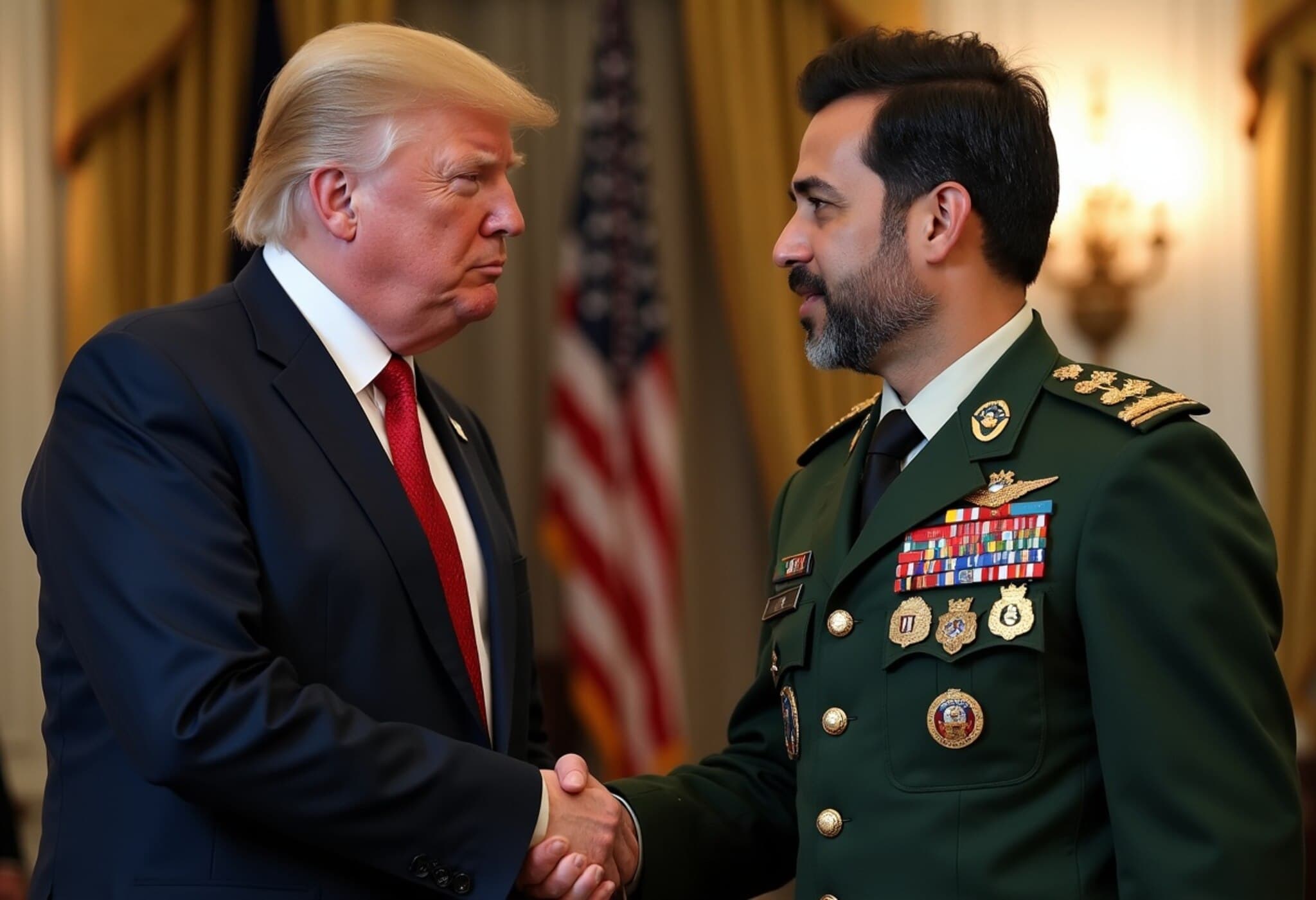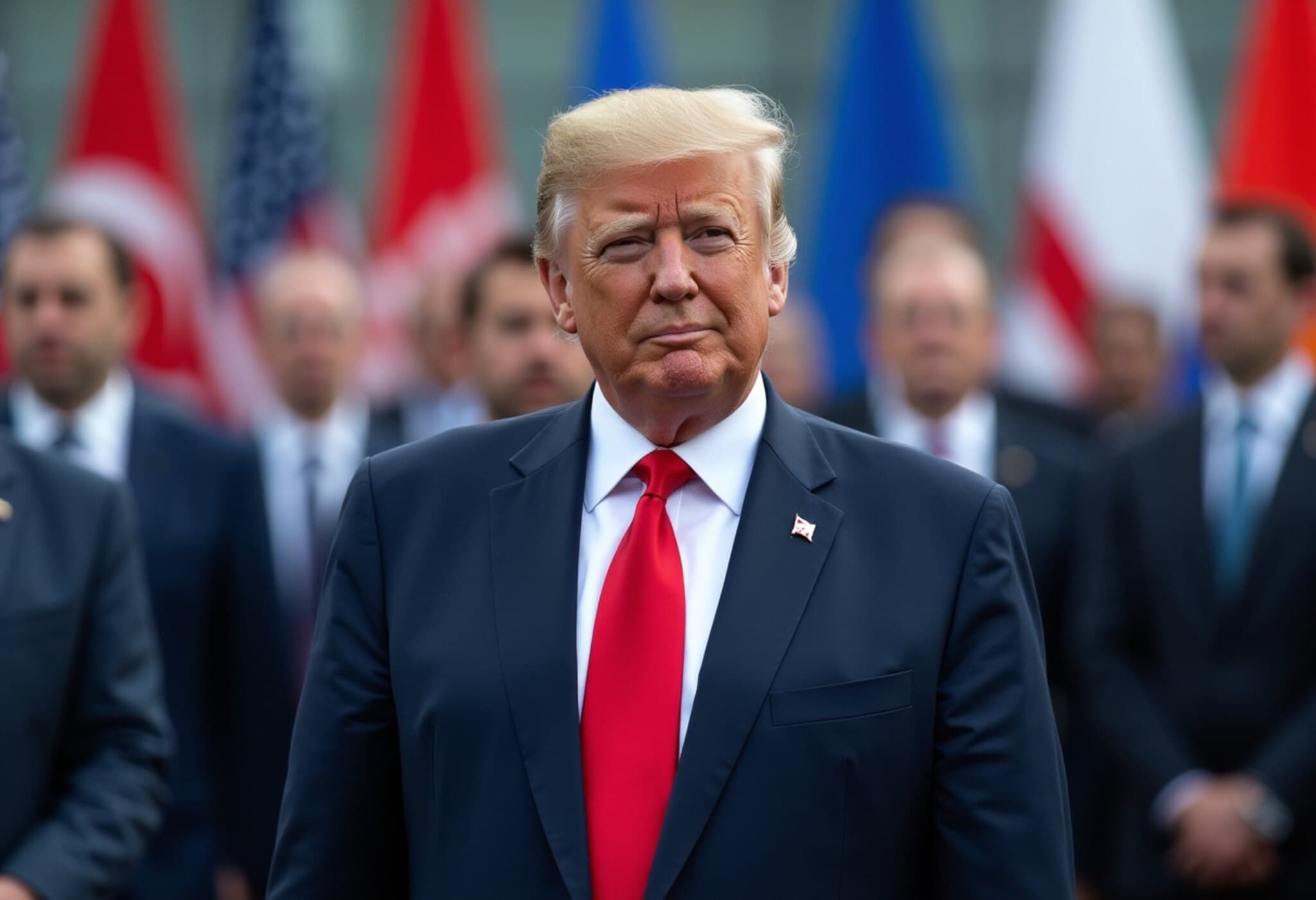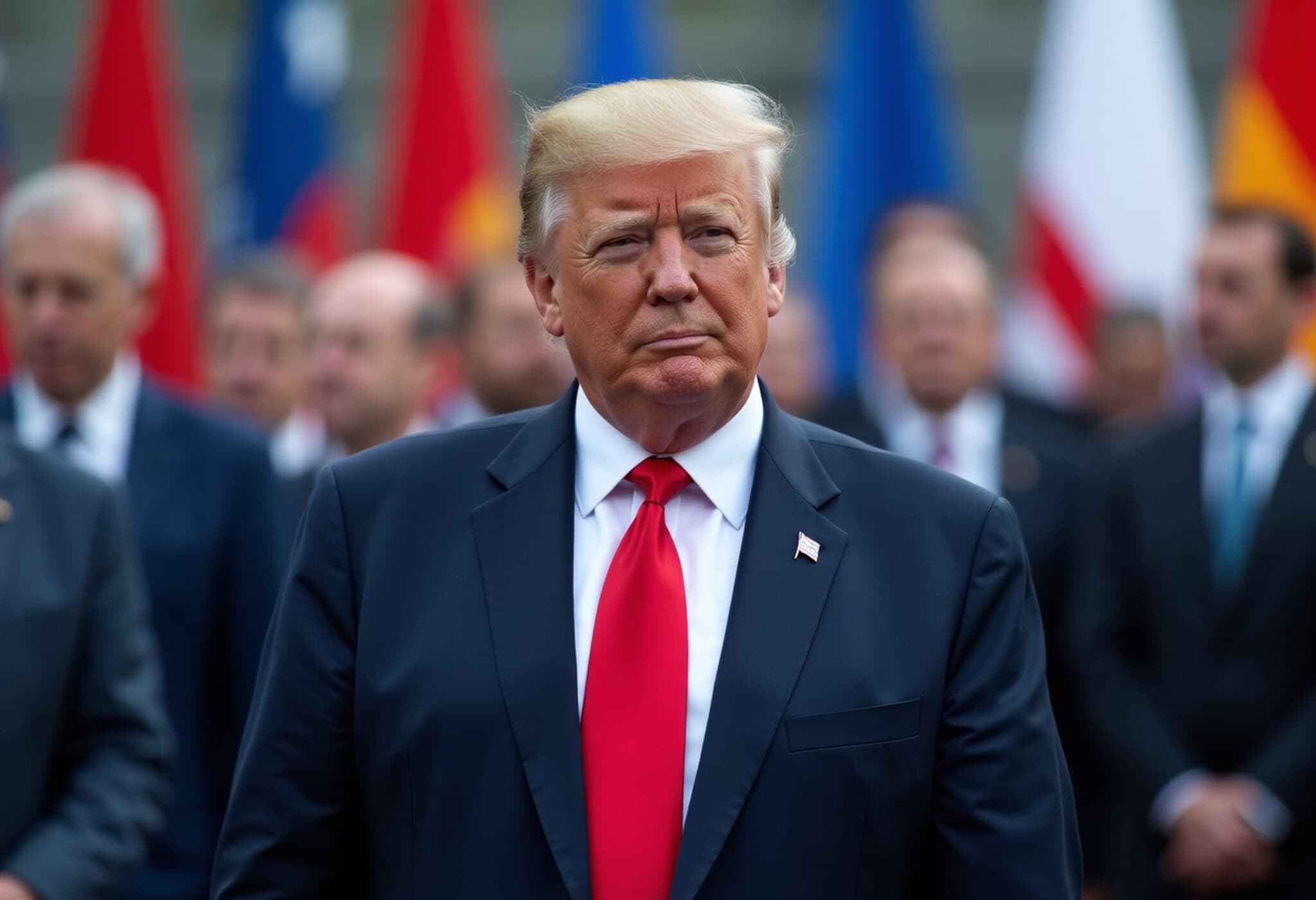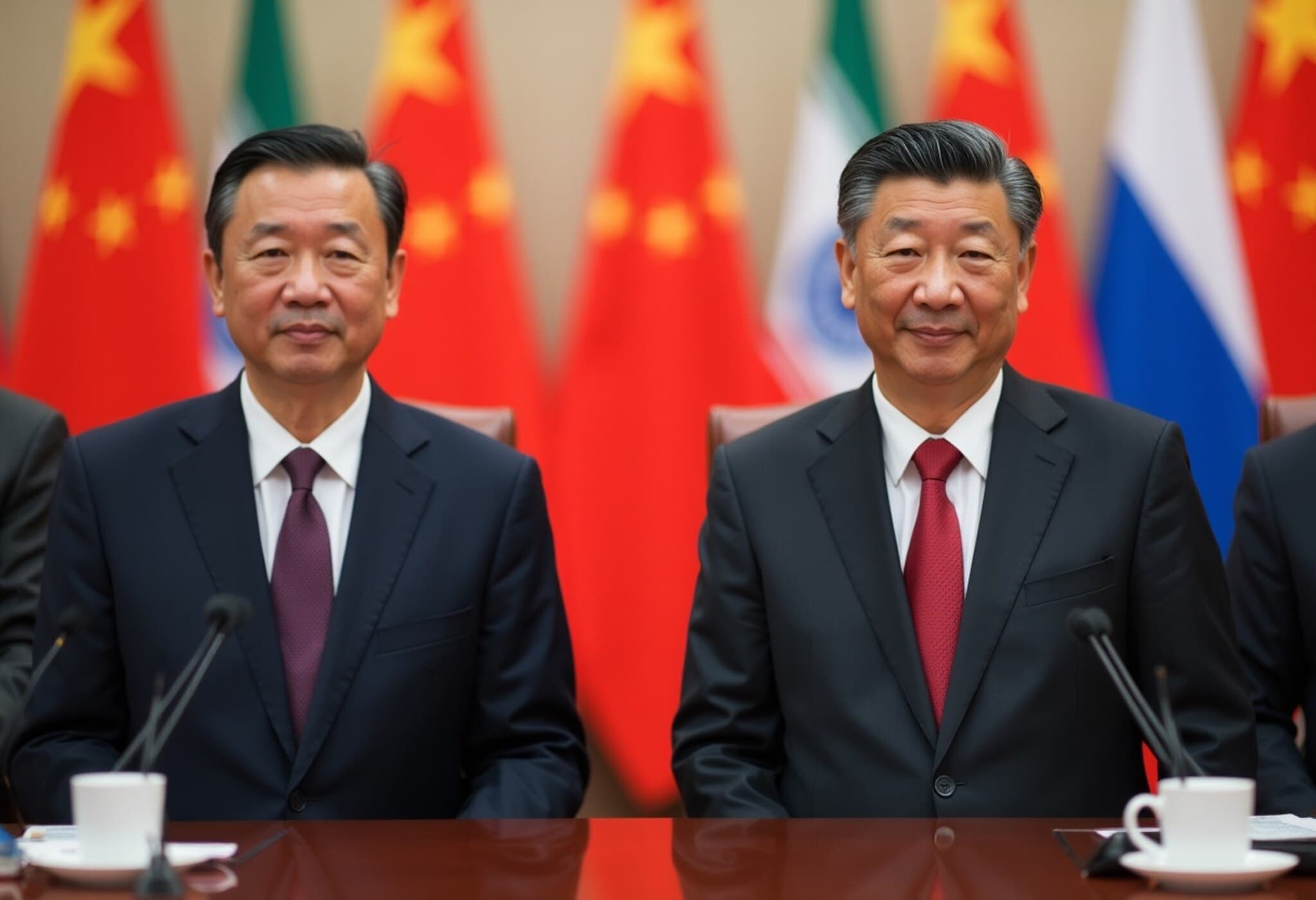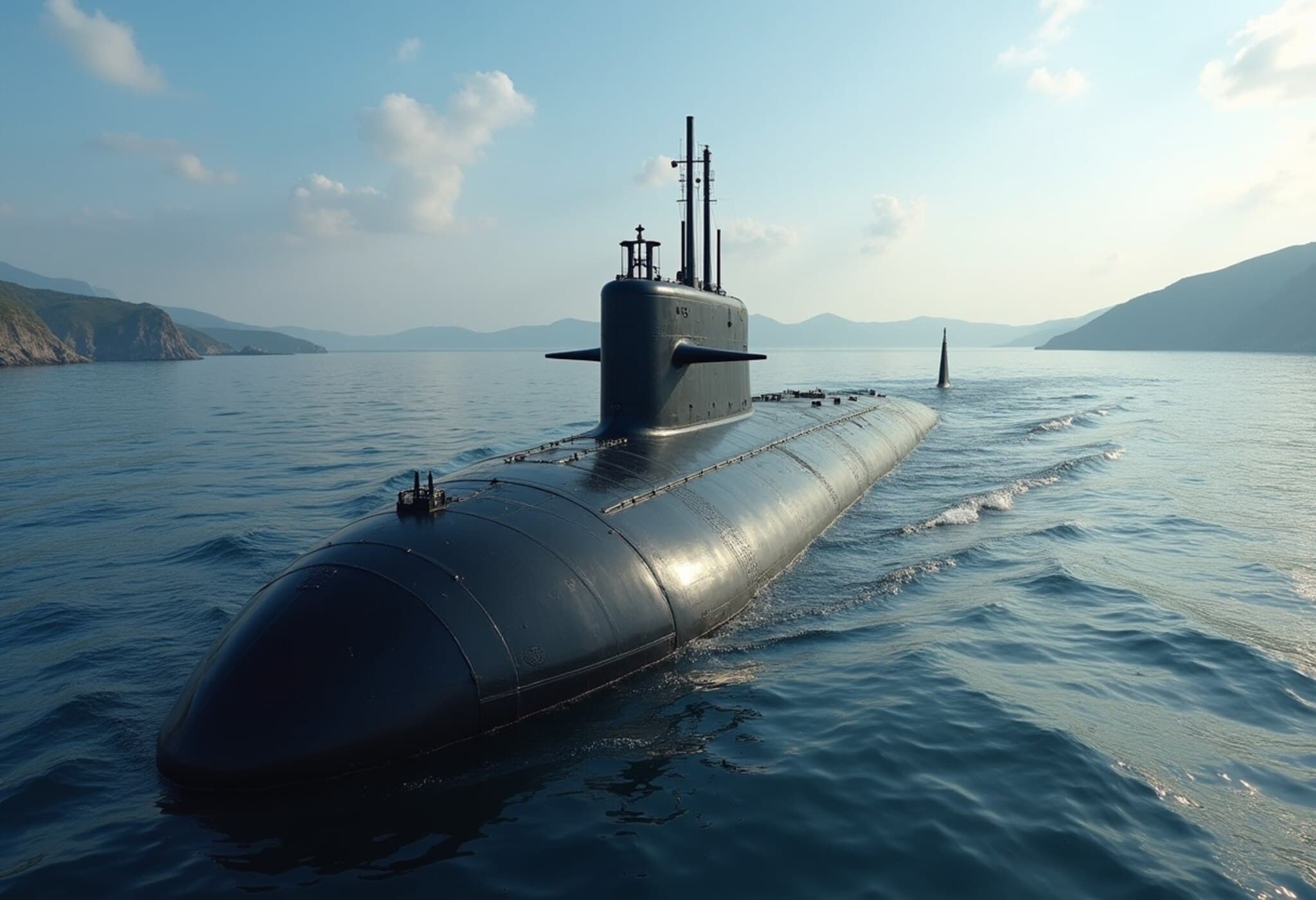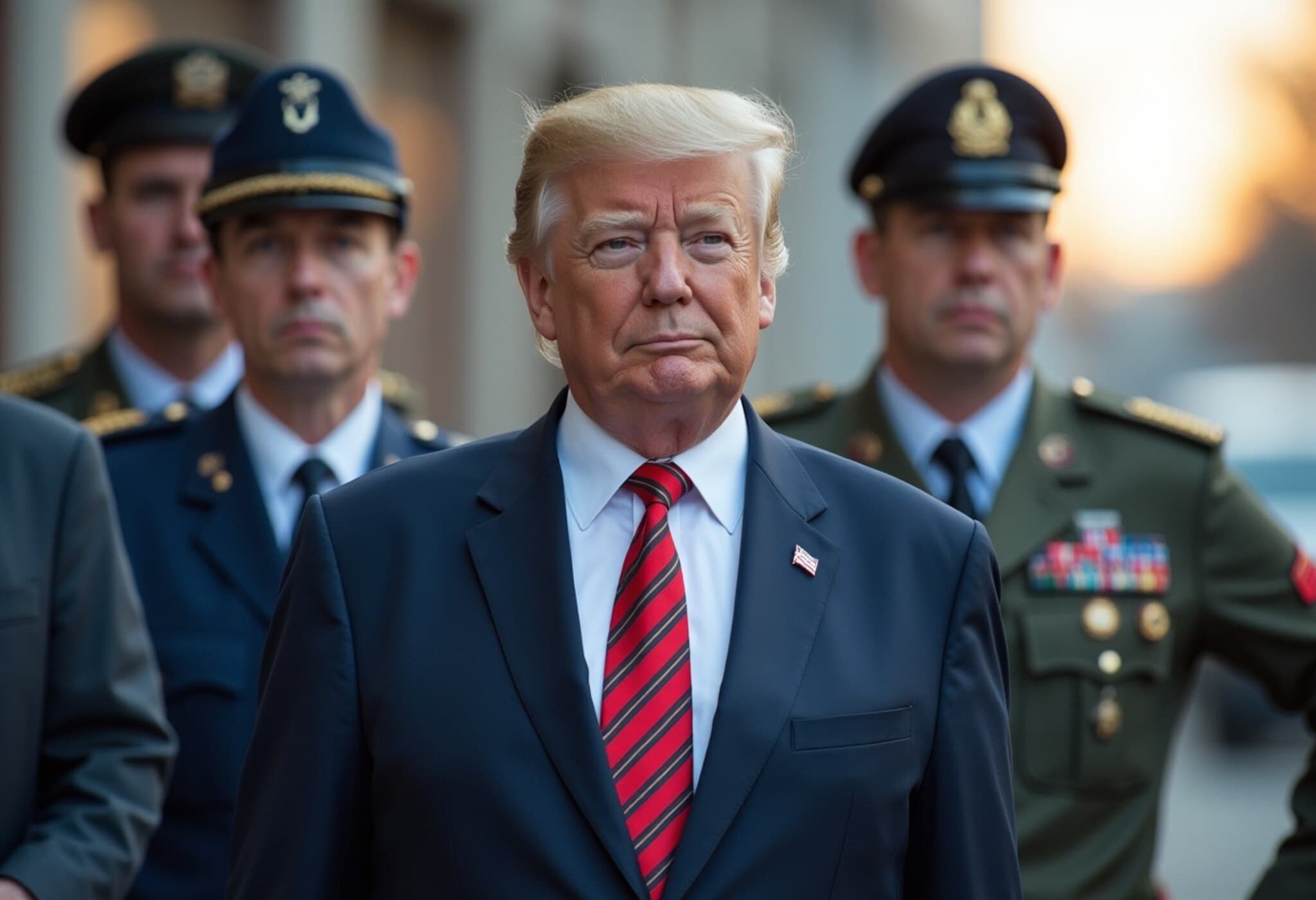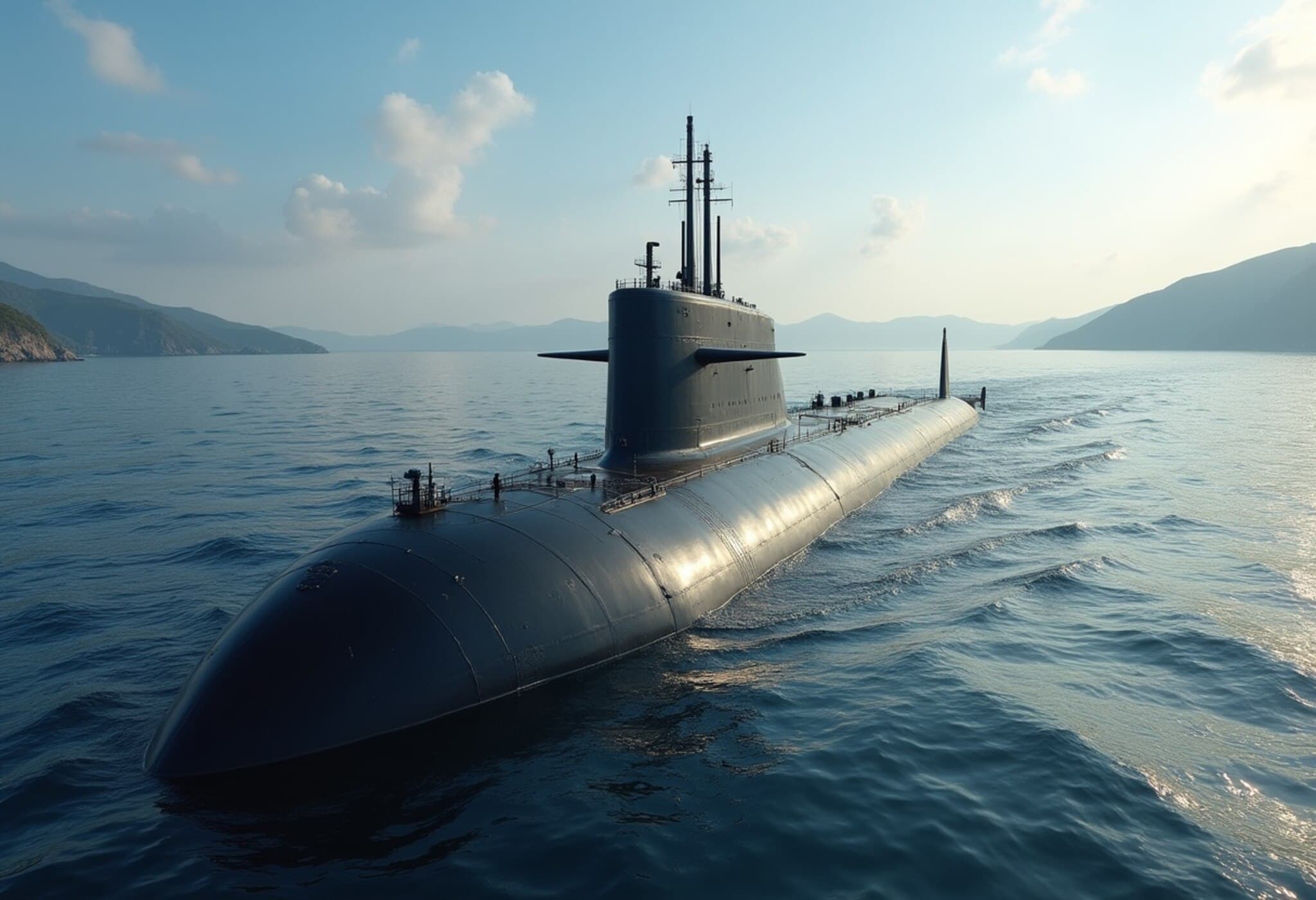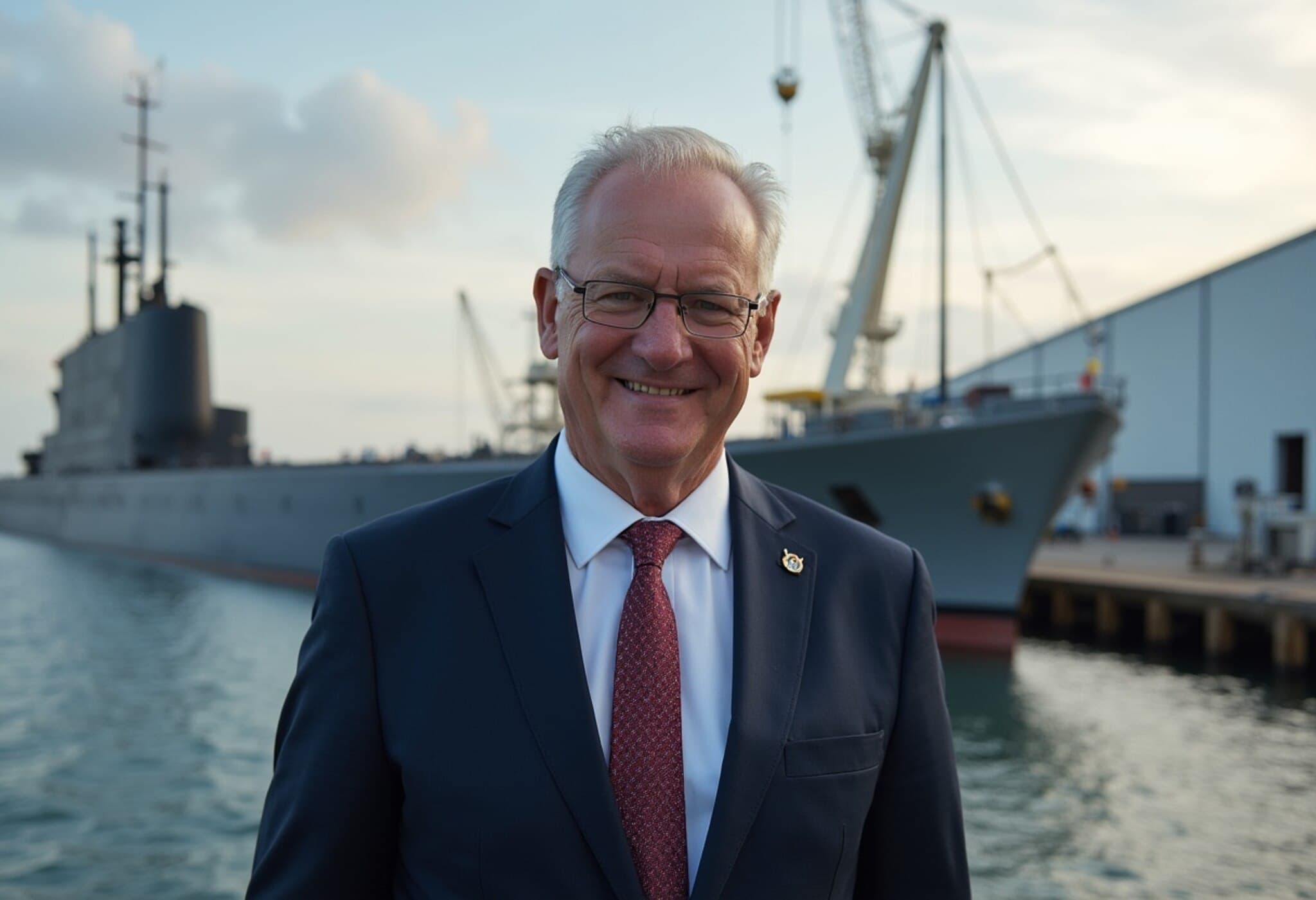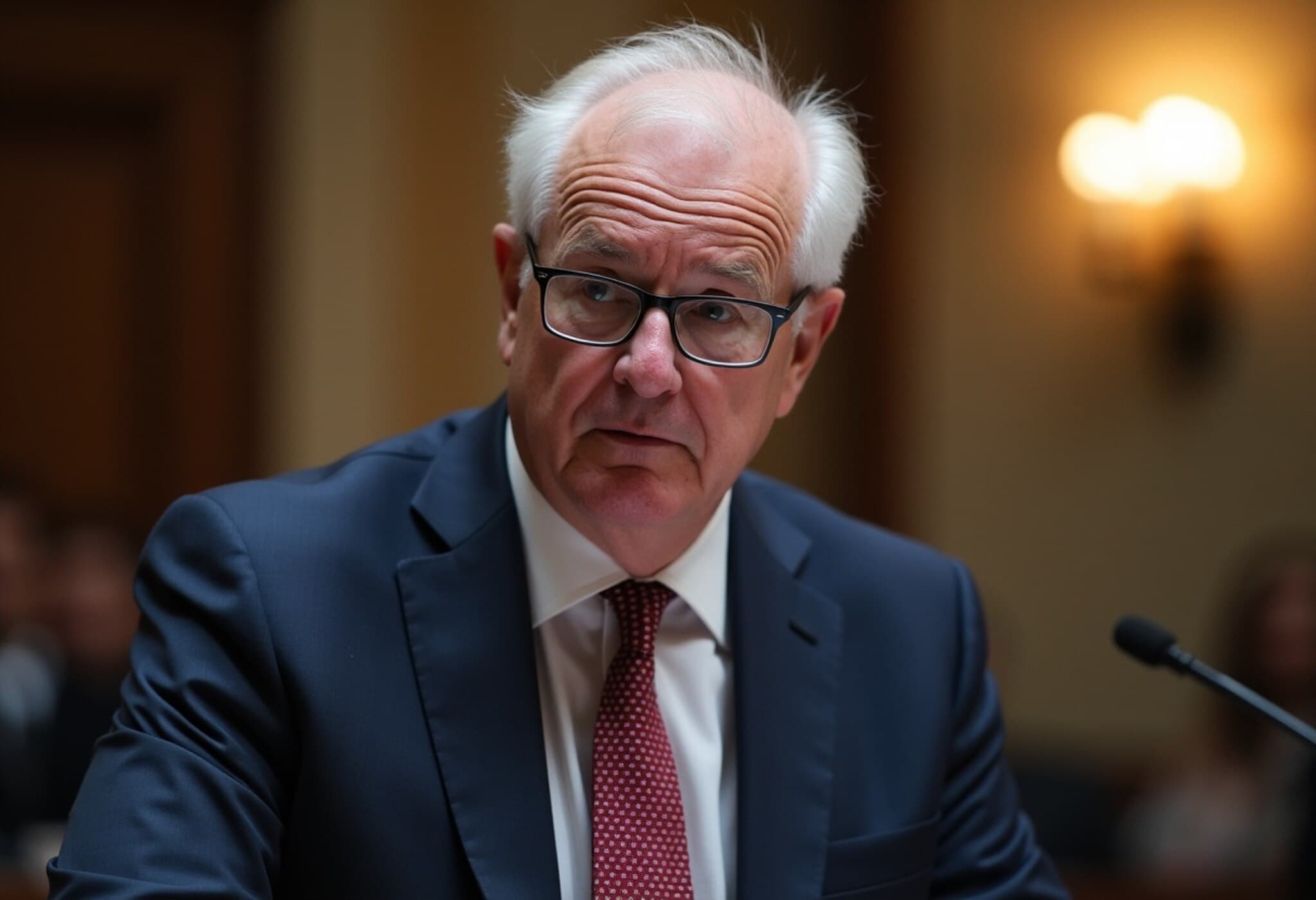US to Review AUKUS Deal Amid Trump Administration Agenda
The Pentagon has confirmed it will conduct a comprehensive review of the AUKUS security partnership between the United States, United Kingdom, and Australia, aiming to align it more closely with the current US administration’s "America First" priorities. The review will be overseen by Elbridge Colby, the US Undersecretary of Defense for Policy.
While this announcement has prompted concern in Australia, reviewing previously established international agreements is standard practice when new administrations take office. Just as the UK engaged in the initial pact, the US is within its rights to reassess its commitment and direction.
Understanding the Stakes for Australia
Australia, as the principal regional stakeholder in AUKUS, naturally feels apprehensive about potential changes. However, examining Colby’s past statements provides insight into the likely trajectory. In his work The Strategy of Denial: American Defence in the Nature of Great Power Conflict, Colby advocates preparing for a possible war with China—not with the intent to provoke, but to deter through strength.
He has expressed support for the alliance with Australia, identifying himself as an advocate for such partnerships, while acknowledging logistical challenges, particularly concerns regarding the US submarine manufacturing industrial base's capacity to build vessels rapidly enough.
Submarine Production Challenges and Cooperation
A key fear revolves around whether the US Navy will retain sufficient submarines for its own use while fulfilling commitments to Australia. Under AUKUS, Australia is expected to help accelerate submarine production by contributing manufacturing capabilities and components.
Australia has already made a substantial US$500 million down payment to support expanding US industrial infrastructure tied to submarine construction. Legislative reforms in the US, UK, and Australia aim to ease production bottlenecks by integrating Australian defense industries into the supply chain.
Emerging signs already point to an increased production pace, with expectations of significant improvements within the next 12 to 18 months. Still, large-scale defense projects like this often face delays.
Why the Trump Administration is Unlikely to Abandon AUKUS
Despite speculation, there are compelling reasons the current US government will likely maintain the deal:
- The agreement has been in motion for several years.
- The US has already integrated several submarines into its operational fleet.
- Australia is positioned to significantly bolster submarine manufacturing capacity.
- The submarine base near Perth is strategically vital, serving critical US security interests in the Indian Ocean.
Deterring China remains a paramount goal. Much of China's trade passes through the Malacca Strait, a chokepoint vulnerable to military disruption. Submarines stationed near Perth contribute to deterring potential aggression by threatening this supply chain, a critical part of the US and allied security calculus.
Given the stakes, maintaining and strengthening this deterrent force aligns with broader geopolitical strategies aimed at preserving regional stability.
Possibility of Renegotiation—Not Rejection
The administration’s review may lead to calls for slower submarine deliveries or demands for Australia to increase its defense spending and industrial contributions. Canberra may find it prudent to boost its defense budget in light of heightened great power competition.
Negotiations will continue, reflecting the typical give-and-take of international agreements rather than a complete overhaul or cancellation. Any changes are more likely to represent adjustments than termination.
While critiques arise urging Australia to exit AUKUS, doing so would leave the nation exposed amid intensifying regional tensions. Renewed commitments and cooperation remain the most practical path forward to safeguard Australia’s interests.
Conclusion: AUKUS Remains a Strategic Priority
Historical ties and strategic necessities suggest the US will opt to proceed with AUKUS despite the review. Though the Trump administration might extract concessions in true transactional fashion, it is unlikely to abandon this vital alliance.
Australia’s sustained partnership with the US dates back to its federation, underscoring the deep-rooted nature of the relationship. Walking away now would increase vulnerability rather than enhance security, making continued collaboration the sensible approach amid evolving global dynamics.



